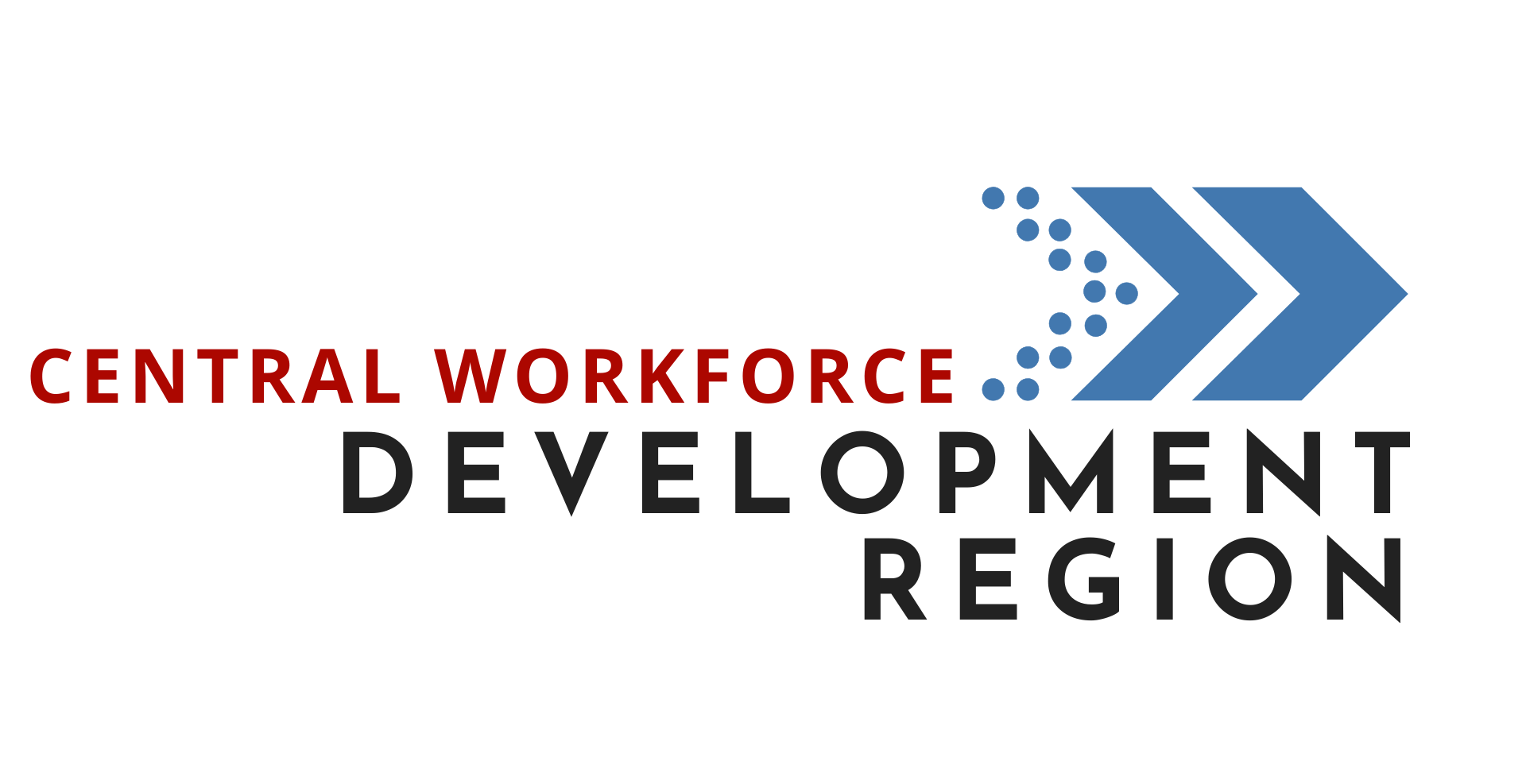According to The Council of State Governments (CSG) Justice Center, “millions of people face significant, persistent barriers to education and employment due to their past involvement with the juvenile justice system.”
We in the Central Region are passionate about changing that!
A growing number of states have worked to limit restrictions related to education and employment for people with criminal records. However, few have devoted the same attention to how these “collateral consequences” impact people with juvenile records.
Like adults, people with juvenile records can experience a variety of barriers to their continued education and employment, even as a result of committing minor offenses. These restrictions especially affect people of color due to persistent racial and ethnic disparities in rates of juvenile justice involvement.
To gain a better understanding of education and employment barriers among those in the juvenile justice system, the CSG compiled the results of a recent study of polices and practices in 12 different states.
Their Findings
- State statutes appear to be designed to limit collateral consequences for juvenile records, but may not actually do so in practice.
- The majority of colleges and universities and some employers ask applicants about their criminal histories and/or require background checks. And almost none distinguish between juvenile adjudications and adult convictions.
- States have relief mechanisms to mitigate collateral consequences that result from juvenile adjudications, but their effectiveness is limited.
Policy Solutions
- Establish state law that clearly distinguishes juvenile adjudications from criminal convictions and that prevents prospective employers and postsecondary institutions from asking about or considering adjudications in their decisions.
- Make all juvenile arrest and court records and associated information confidential at all times, with limited exceptions for clearly designated public safety purposes.
- Ensure record clearance processes are universal, automatic, and free of charge.
- Ensure that people who become involved with the juvenile justice system are informed about the consequences of an adjudication as well as their rights and obligations when it comes to record clearance and disclosure.
For an in-depth look at the study and insights on how to help those in the juvenile justice system move forward, you can learn more here.
Are you an employer who needs help finding your next great team member? We’re ready to help! Learn more today…

